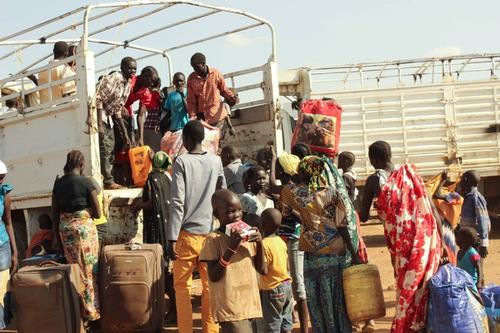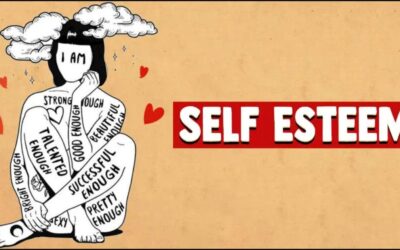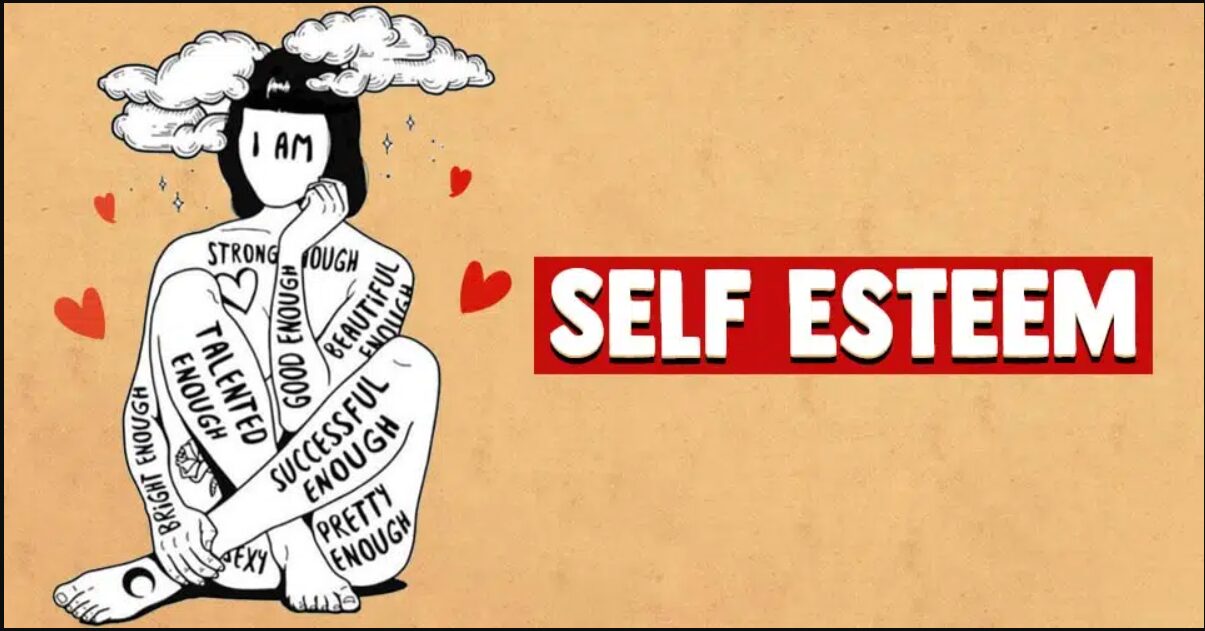Empowering Lives: Humanitarian Aid and Development Efforts in Kakuma

In the heart of Kakuma Camp, amidst the challenges and resilience of the refugee community, a beacon of hope shines through the dedicated efforts of humanitarian organizations and development initiatives. These vital endeavors strive to provide essential aid, empower individuals, and uplift the lives of those seeking refuge. Let us explore the remarkable humanitarian aid and development efforts taking place in Kakuma, where compassion and determination pave the way for a brighter future
Building Essential Infrastructure
Humanitarian organizations work tirelessly to establish crucial infrastructure within the camp, including schools, health clinics, water and sanitation facilities, and community centers. These initiatives aim to improve living conditions, enhance access to education and healthcare, and foster a sense of community and belonging.
Education for Empowerment
Education is a powerful tool for transformation, and NGOs in Kakuma are committed to providing educational opportunities for refugee children and adults. Through formal schools, vocational training programs, and innovative learning initiatives, refugees are equipped with knowledge and skills that empower them to rebuild their lives and contribute to their communities
Health and Well-being
Healthcare plays a vital role in ensuring the well-being of refugees, and humanitarian organizations provide medical services, nutrition programs, and mental health support. These efforts address the unique health challenges faced by refugees and help to restore dignity, promote resilience, and alleviate suffering
Livelihood Support and Economic Empowerment
Humanitarian aid extends beyond immediate needs, with a focus on sustainable solutions. Development programs offer livelihood support, entrepreneurship training, and microfinance initiatives, empowering individuals to generate income, become self-reliant, and build a brighter future for themselves and their families.
The success of humanitarian aid and development efforts in Kakuma is rooted in collaboration and partnership. NGOs, government agencies, local communities, and refugees themselves work hand in hand to identify needs, design effective interventions, and ensure sustainable impact. This collective approach promotes inclusivity, cooperation, and shared responsibility
Humanitarian aid and development efforts in Kakuma Camp are instrumental in providing essential support, fostering empowerment, and nurturing hope among refugees. Through education, healthcare, infrastructure, livelihood support, and collaboration, these initiatives pave the way for a more sustainable and dignified future. Together, we can continue to uplift lives, inspire resilience, and create a world where every individual has the opportunity to thrive, irrespective of their circumstances.
Frequently Asked Questions (FAQs)
The primary objectives include providing essential infrastructure, education, healthcare, livelihood support, and fostering collaboration to empower refugees and improve their quality of life.
Humanitarian organizations in Kakuma provide formal schooling, vocational training programs, and innovative learning initiatives to equip refugees with the knowledge and skills necessary for personal growth and community development.
Collaboration between NGOs, government agencies, local communities, and refugees themselves is essential for identifying needs, designing effective interventions, and ensuring sustainable impact in Kakuma.
Livelihood support programs offer entrepreneurship training, microfinance initiatives, and other resources to help refugees generate income, become self-reliant, and build a brighter future for themselves and their families.
The long-term vision is to create a more sustainable and dignified future for refugees in Kakuma by addressing their essential needs, fostering empowerment, and nurturing hope through collaborative and innovative initiatives.











